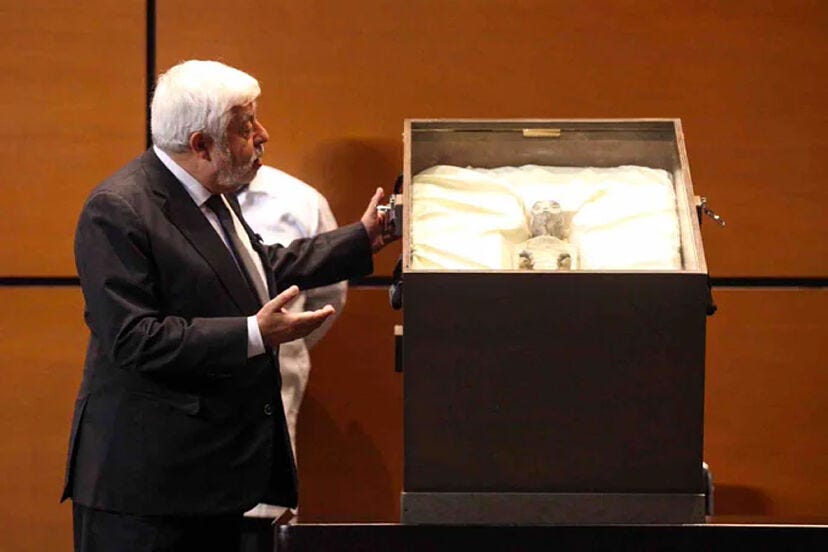Goodbye disposable vapes
The news of the government’s proposed ban on single-use vapes was met broadly with relief this week, as a generation of people to whom they’ve become everything from constant companion to ironic status symbol faced up to the fact that they’re just as addicted to pink plastic and battery acid as their grandparents were to smoking.
Disposable vapes are one of the worst choices you can make for both your health and the environment, but they’ve become ubiquitous in the UK thanks to the wide array of flavours and colours, as well as a wayward sense that they might not be as bad for you as traditional cigarettes. The ban comes amid fears of a child vaping crisis, but it’s as much an intervention in public health as in paediatric safety. For a Conservative party who still decry the so-called ‘Nanny state’, it’s a significant, if not unwelcome, step into a discourse that has been running all summer.
Coming down hard on a high street health scourge is an easy PR win, but it has economic implications that the government won’t be blind to. Banning an untaxed product that has millions of people addicted to nicotine, leaving them with no choice but to quit or turn to cigarettes (estimated by the OBR to raise £10.4bn through tobacco duty over 2023-24 alone) might not be a bad way to plug their infamous £50bn “fiscal black hole”.
Either way, it’s another blow for the vape-mad Phillip Schofield, whose year just got worse.
Alien Mummies or just another Maussan hoax?
A fairly run-of-the-mill ‘alien discovery’ sent international speculation ablaze after no less auspicious an institution than Mexico’s Congress held a public hearing on the potential authenticity of two ‘non terrestrial’ mummified bodies found in Peru complete with testimony from leading UFOlogists.
The stereotypical ‘little green man’ appearance of the aliens – for which WIRED has a plausible explanation- and key proponent Jaime Maussan’s track record of having his alien discoveries debunked sent eyeballs rolling derisively into the back of skulls worldwide, but one mystery remains.
The question is not whether the ‘aliens’ are genuinely a species from a distant planet, but whose PR are they doing? The alien hoax has served a variety of purposes, usually intersecting money, attention and entertainment, to a wide range of shysters and opportunists over the years and whenever a striking alien hoax appears, the culprit is likely to be nearby.
In this case the most obvious candidate is Maussan who has reportedly pulled almost identical stunts at least twice in the past and runs a moderately successful business on the back of such shenanigans. Despite his lack of success in hunting actual aliens, Maussan clearly has a strong grasp of the theatrical. This, combined with the minimal nous needed to manipulate our 24-hour news cycle-induced goldfish brain, and other media phenomena such as TikTok’s credulous obsession with conspiracies, seemed to be enough to stitch together yet another successful alien hoax (at least in terms of publicity…)
Kutcher & Kunis’ apology flop
Ashton Kutcher and Mila Kunis “apologised” this week for writing “character letters” supporting their pal, That 70’s Show co-star, and convicted rapist, Danny Masterson. It hit so many wrong notes that it feels more like a parody of the celebrity-issued public apology than a statement crafted by a team of lawyers and PRs.
Many of us know that an apology shouldn’t include ‘if’. Well, Kutcher and Kunis clearly didn’t get the memo. He states the letter was not intended to “undermine the testimony of the victims or re-traumatise them in any way… And we’re sorry if that has been the case.” Yet just seconds earlier the couple said they were “aware of the pain caused” by the letters, so there’s no ‘if’ about it.
The video was met with widespread mockery and outrage, called out by celebrities (like Christina Ricci and Kathy Griffin) and fans alike. A few tried to defend them, arguing they were only good and loyal friends. But the tide of public opinion has broadly turned on them. Kutcher and Kunis had positioned themselves as squeaky clean, woker than woke. In hindsight, this just reads as hypocritical. From perving on an underage Hillary Duff, to making a bet to snog his then 14-year-old co-star, Kunis, the video prompted an outpour of negative Kutcher stories.
It’s difficult to see how they can come back from this. Maybe they could start with an actual apology?
Wintour’s Vogue World wobbles in London’s fickle spotlight
London Fashion Week kicked off Thursday night with Condé Nast’s grand dame (and actual Dame) Anna Wintour hosting “Britain’s answer to New York’s Met Gala,” Vogue World: London at the Theatre Royal Drury Lane. It was a brave attempt to recreate the fervour around “the first Monday in May” in a country allergic to earnestness. Jess Cartner-Morley fauns for the Guardian that the event brought “succour to London’s arts and hope to its fashion,” but the Daily Mail says fans were left “bemused.” Anita Singh pulls no punches in the Daily Telegraph, labelling Vogue World, “the most random event you’ll see all year.” This mixed reaction from the eternally unimpressed UK press shows that not even Queen Anna can’t break our culturally ingrained refusal to take anything seriously. After all, it’s only been a week since we managed to memeify the manhunt for an escaped terrorist.
Vogue World: London has also reignited rumours that Anna Wintour is preparing for a return to the UK. It’s not entirely unplausible: British Vogue’s much lauded Editor in Chief, Edward Enninful is due to leave next year for a plum position in Condé Nast’s upper echelon. Perhaps Wintour is indeed gunning to take back the reins of one of the publishing house’s most exciting titles. In New York, Wintour’s impressively iron grip on the American media is well known. The froideur of the response to Vogue World may indicate that the British press isn’t ready for the prodigal daughter’s return.
Apple’s green gimmick grates
Apple’s formula for announcing major products is highly successful, helped by its cult-like fanbase and sleek presentations. With “Apple Store” trending on X for website and app crashes, the iPhone 15’s success seems imminent.
We will spare our thoughts on the new features and reaction to the showcase and instead collectively cringe over Apple’s update on its 2020 sustainability pledge: making its entire carbon footprint net zero by 2030. If Apple pulls this off, it’ll be impressive, but seeing as it’s valued in the trillions with over $50bn cash in the bank, this is the bare minimum Apple can do with increasingly more reports elevating the severity of climate change.
But the cringe came via Apple’s '2030 Status’ depicting a fictional meeting with Mother Nature forced to listen to Apple employees reeling off its sustainability stats and an uncomfortable long stare-off with CEO Tim Cook.
Hearing Apple virtue signal its green credentials feels like they’ve missed the mark - spending time and energy on a glossy five-minute advert patting themselves on the back is cynical given the state of the environment. It shows mega-corps like Apple prioritising the optics of sustainability over genuine concern for the planet.






